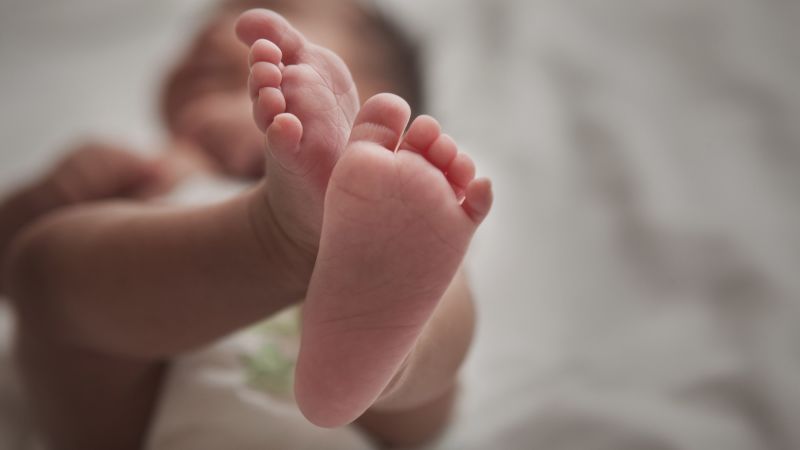Global birth rates are plummeting, and the consequences could be dire. A new study by the Organisation for Economic Co-operation and Development (OECD) has revealed that declining birth rates will permanently alter the demographic makeup of the world’s largest economies over the next decade. The total fertility rate among the OECD’s 38 member countries has dropped to just 1.5 children per woman in 2022 from 3.3 children in 1960, well below the “replacement level” of 2.1 children per woman needed to keep populations stable. This trend is already impacting the supply of workers in many countries, with the ratio of workers to retired persons dwindling from six-to-one in the 1960s to two-to-one by 2035.
Top executives at publicly traded US companies have raised concerns about labor shortages nearly 7,000 times in earnings calls over the last decade, highlighting the potential inflationary impacts of diminishing workforces. Companies like P&G and Kimberly-Clark have seen a decline in baby diaper sales while adult diaper sales have surged. Nestlé has shifted its focus from infant formula to serving the nutritional needs of older adults, reflecting a broader trend in the business world.
The implications of declining birth rates are not limited to the economy, but also impact government programs like Social Security and Medicare. The US birth rate hit a record low in 2023, prompting concerns about the sustainability of these programs as the population ages. Without intervention, the Social Security trust fund is projected to be depleted by the mid-2030s, leading to potential cuts in benefits for retirees.
Some experts see artificial intelligence as a potential solution to the impending labor shortages caused by declining fertility rates. Former Google CEO Eric Schmidt believes that AI could significantly boost productivity and alleviate the impacts of a shrinking workforce. However, the long-term solution lies in promoting gender equality, fairer work-sharing, and providing more support for working parents.
As countries grapple with the effects of declining birth rates, Chinese Premier Li Qiang has warned against economic decoupling and protectionist policies that could exacerbate global economic challenges. The shift towards a “low-fertility future” requires proactive measures by both companies and governments to mitigate the social and economic repercussions of dwindling populations.












